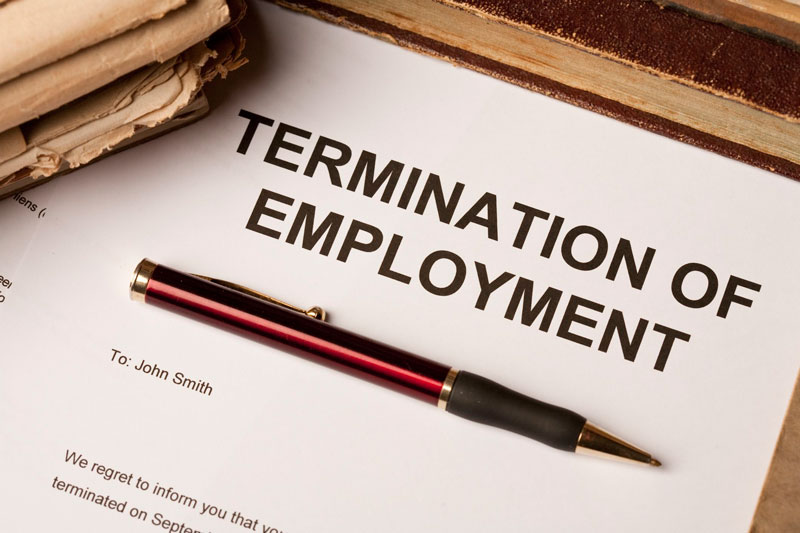The labor laws in florida conform to a jurisdiction where as employment is at will, the employer can fire an employee even if there is no cause and without obligation to send advance notice
Florida labor laws: termination without notice
While the labor laws in florida indicate that the employer can fire a job without notice is required to:
- The employer is required by law to provide that employee with notice of termination in the case of a mass layoff of employees.
- Mass dismissal is understood to be the cessation of activities of 50 or more employees or a third of full-time employees, but when the number of dismissals is less, it is not required to provide prior notice.

Florida Laws for Workers
The labor laws in florida protect the rights of workers, forcing employers to comply with these laws during the employment relationship, from the date of hiring until the dismissal of the employee, for example:
1. The employer is prohibited from firing employees for retaliation or discriminatory acts.
- The employer is obliged to comply with the law against discrimination.
- The law protects the employee against harassment, which is understood as part of discrimination. For example, they are unpleasant actions or comments about disability or sex that influence generating an uncomfortable work environment and feel offensive to the victim, who supports it so as not to lose their job.
- Concussions, advances, pornography or sexual comments are understood as sexual disgust and is the most common,
- The emperor must provide mass laid-off employees with a written notice of termination no less than 60 days in advance.
- The employee who works in a company with at least 50 employees, each of them has the right to 3 days off a year to deal with matters related to domestic violence or matters related to their family.
- The employee is entitled to receive the highest minimum wage, as stipulated by federal, local or state law. Florida’s minimum wage is higher than the federal minimum.
- The employee has the right to overtime pay, unless he is exempt from this payment, such as a salaried manager who, according to the law, is exempt from overtime pay.
- The law protects the employee who files a lawsuit against his employer, alleging retaliation and presents it in the commission of equal employment opportunities or in the commission of human relations of Florida, since he is presuming that his employer is acting against him with retaliation or negative actions, before which you can file a complaint within the company.
- Federal laws and those of the state of Florida do not require employers to pay PTO or time off that includes vacations, sick days and paid leave, as they are benefits that only some states require from employers but it is not required by the state of Florida.
- But the employer must offer unpaid leave in accordance with the FMLA, the Federal Family and Medical Leave Act.
- Employees of a company with at least 50 employees are entitled to 12 weeks or more of unpaid time off for care and sickness.
- An employee on FMLA leave has the right to continue benefits during the leave and must be reinstated at the end of the leave.
- A business with at least 50 employees is required to comply with Florida law, which states that it must give employees 3 days off per year to deal with domestic violence issues or to seek medical attention.
